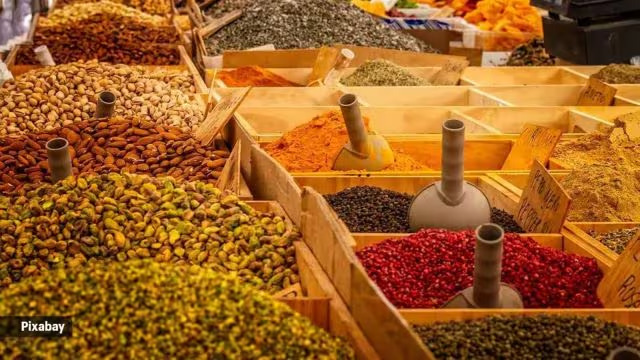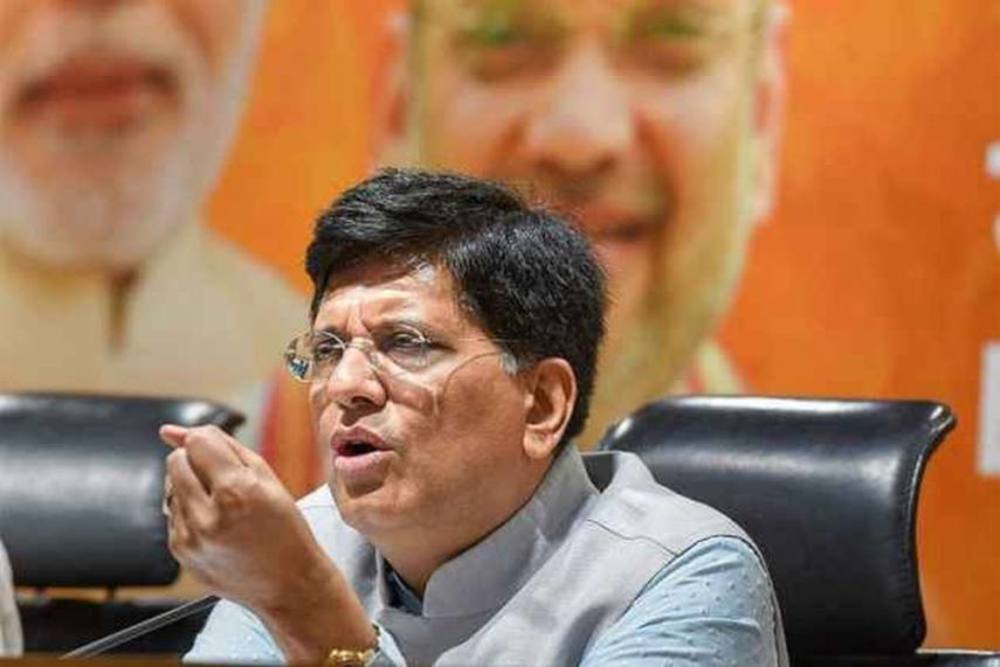The Commerce Ministry is planning to expand food-testing infrastructure to enhance exports, a senior government official said on Wednesday. The Export Inspection Council (EIC), under the ministry, has initiated a detailed gap assessment study on food testing infrastructure for exports.
“Although we have undertaken several measures, we are conducting a deeper analysis, both commodity-wise and region-wise. We are identifying gaps in our food-testing infrastructure. We expect the study to be completed within 2–3 months, after which we will develop a comprehensive plan to expand the infrastructure in a more holistic manner,” Nitin Kumar Yadav, joint secretary in the Department of Commerce, told reporters.
The EIC is also set to launch an integrated traceability module to streamline and manage processes involved in inspection, testing, and certification for exports. Yadav added that the council is adopting advanced technologies such as IoT-based sampling techniques. New laboratories are being established in Ahmedabad, Faridabad, and Mangalore, he said.
The EIC is also entering into mutual-recognition agreements (MRAs) and memorandums of understanding (MoUs) with various countries for different products, aiming for global recognition of its mechanisms and processes.
FTA talks on with UK, EU
This initiative comes as India is negotiating free-trade agreements (FTAs) with the UK and the EU, thereby seeking to improve domestic standards. The export of food items also holds significant potential in markets such as the UAE, which signed an FTA with India in 2022.
“We are striving to establish MRAs for India. We are also studying the requirements of other countries and building capacities to facilitate these agreements,” Yadav stated.
The EIC has significantly increased testing facilities across the country, with the number of accredited laboratories rising to 78 and the number of export establishments approved through the EIC system increasing from 794 to 1,446 over the past decade, according to the ministry.
“Export certificates accepted by importing countries have nearly doubled in a decade, increasing from 61,000 to over 120,000. The laboratory ecosystem has expanded from 21 recognised labs in 2013–14, accredited to ISO 17025 standards, to 78 labs in 2024–25, ensuring timely testing and facilitating exports,” the ministry stated.
EIC certification recognised by major global regulators
Notably, the EIC’s certification system is recognised by major international regulatory bodies, including those of the European Union, the United States, Australia, Turkey, Korea, and Japan, among others. Active participation in organisations such as Codex Alimentarius, ISO, and the WTO has enabled the EIC to advance science-based standards, reduce trade barriers, and promote seamless international trade, the ministry added.
The EIC is also set to launch a user-friendly online portal integrating traceability modules, a Laboratory Information Management System (LIMS), and E-Health features. This portal will streamline and manage end-to-end processes involved in inspection, testing, and certification for exports. Advanced technologies, such as IoT-based sampling techniques, are being adopted, and geographical expansions to locations such as Kakinada, Andhra Pradesh, are underway.
New laboratories are being established in Ahmedabad (Gujarat), Faridabad (Haryana), and Mangalore (Karnataka), while the EIC continues to operate from its headquarters in New Delhi. It maintains a robust operational network of Export Inspection Agencies (EIAs) located in Chennai, Mumbai, Delhi, Kolkata, and Kochi, supported by 24 sub-offices at major ports and export hubs.



